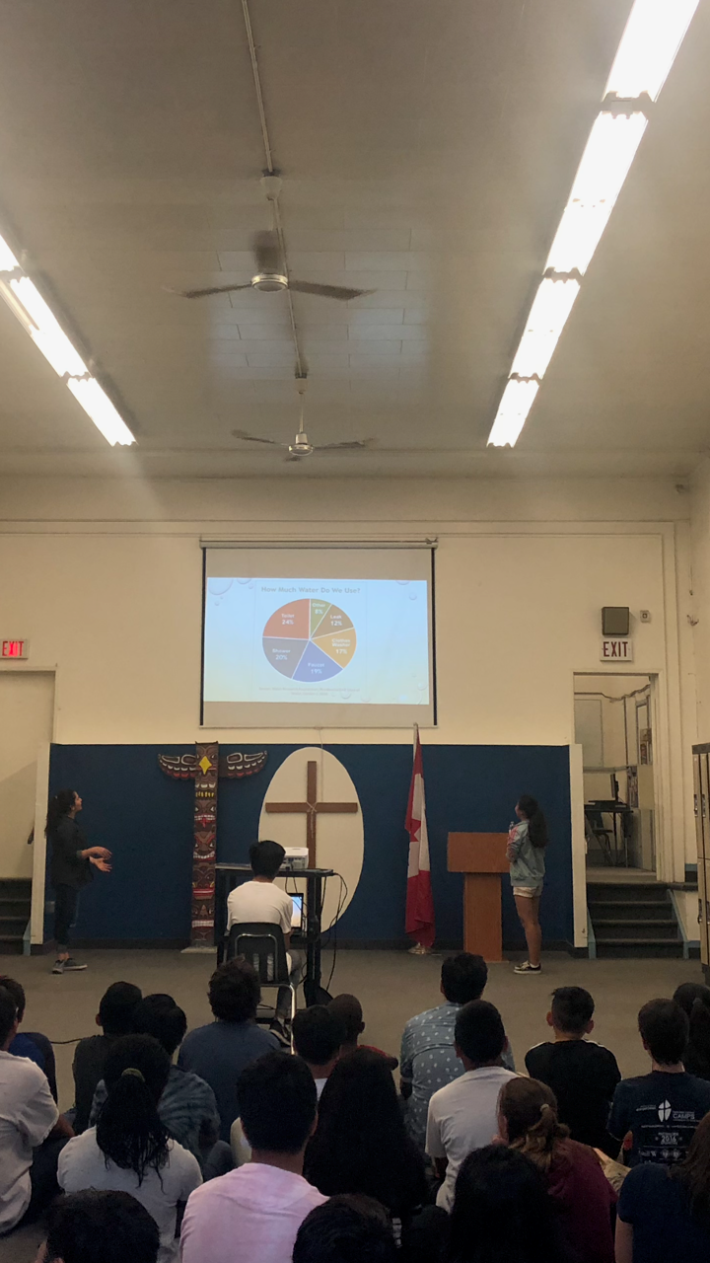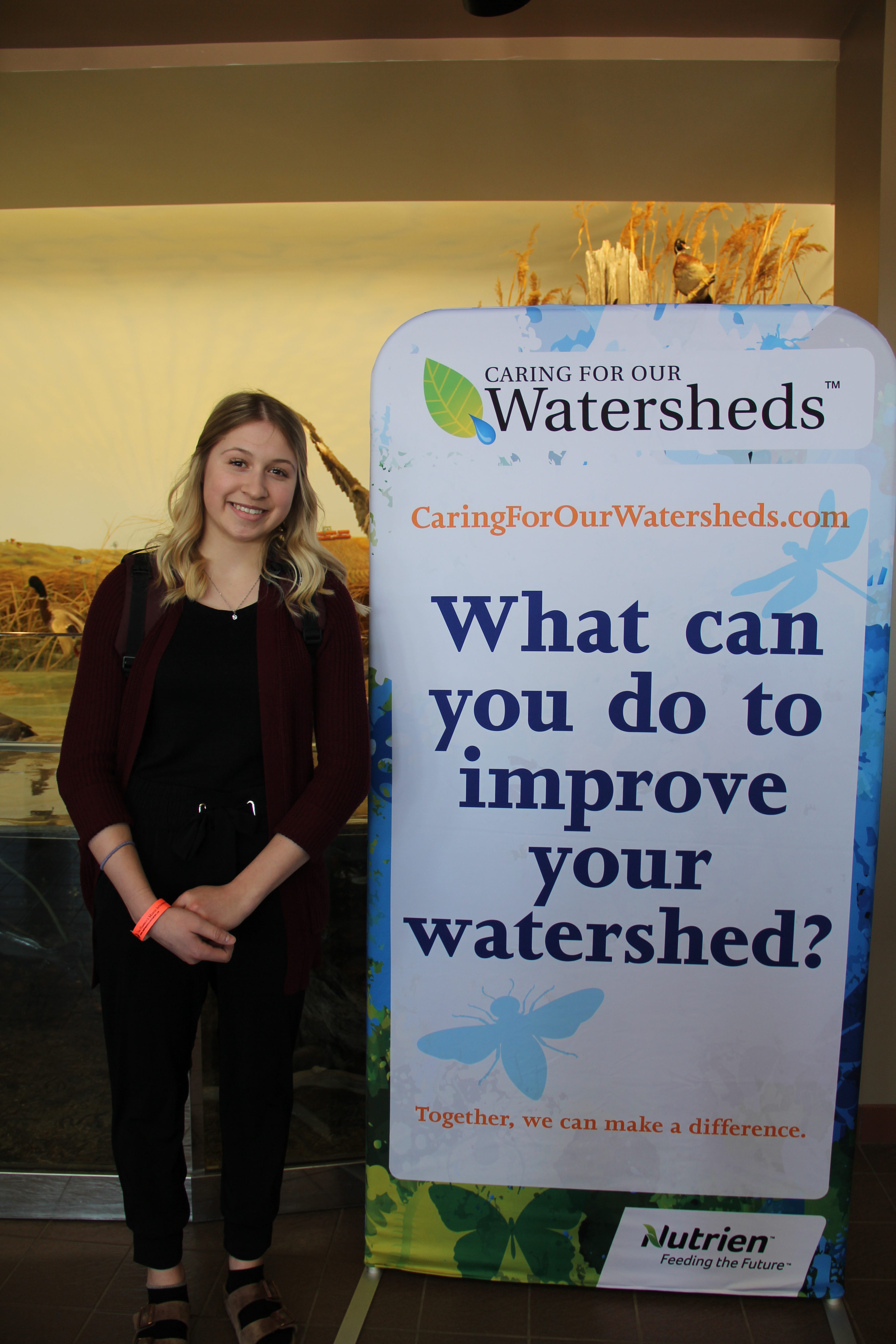 You may not know this, but plastic toothbrushes create major toothaches for our environment.
You may not know this, but plastic toothbrushes create major toothaches for our environment.
When student Jenn Fossay from Warren Collegiate in Warren, Manitoba, learnt that plastic toothbrushes take over 400 years to decompose, she knew that she had to come up with a solution.
To raise awareness about the negative effects of plastic toothbrushes on the environment, Jenn wrote and illustrated a children’s book to educate the next generation. The book takes readers through the life-cycle of a toothbrush lost down the storm drain. Once the toothbrush makes its way into the environment, it begins negatively impacting the lives of marine animals. Continue reading

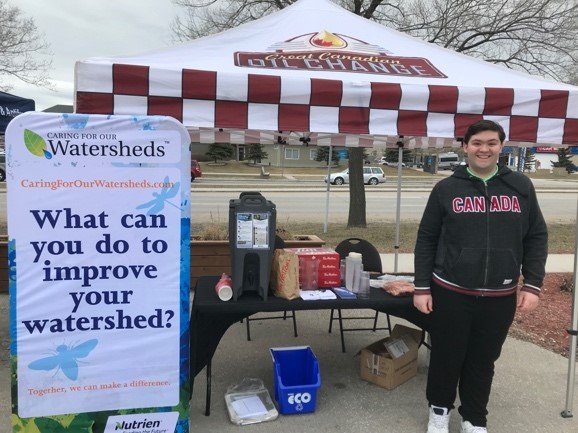 2019, Winnipeg, Manitoba, Canada
2019, Winnipeg, Manitoba, Canada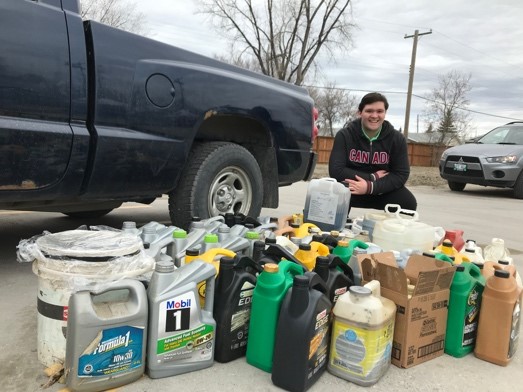 He partnered with his local Great Canadian Oil Change to put on an event so that people could bring in their used oil and other household products for proper and environmentally safe disposal. He was able to educate community members about disposing of these products any time at drop-off sites such as the Great Canadian Oil Change that he hosted his event at.
He partnered with his local Great Canadian Oil Change to put on an event so that people could bring in their used oil and other household products for proper and environmentally safe disposal. He was able to educate community members about disposing of these products any time at drop-off sites such as the Great Canadian Oil Change that he hosted his event at.
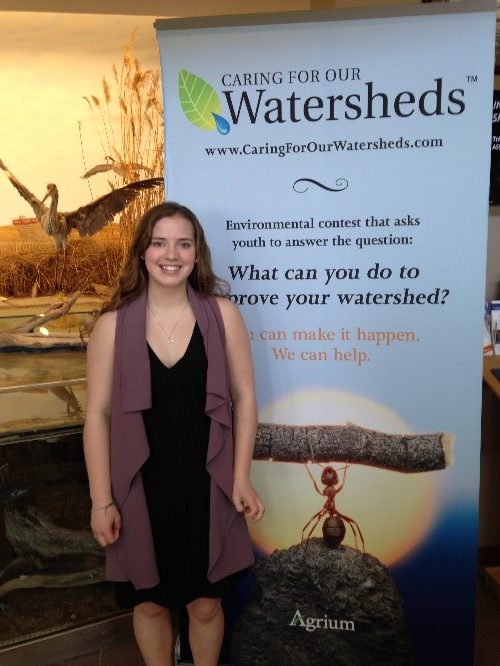 2019, Carman, Manitoba, Canada
2019, Carman, Manitoba, Canada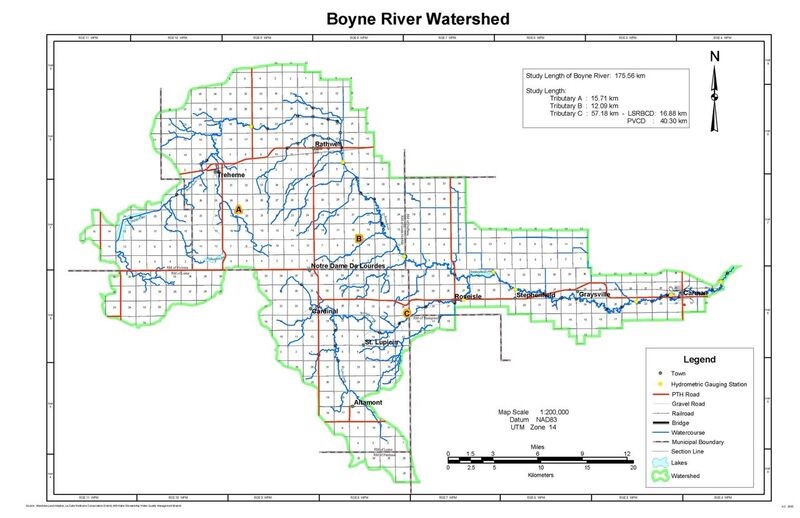 “In the end, helping someone understand how they can positively affect the environment is a challenge, but can have personal, as well as global impacts. I believe teaching the young students will promote a lifestyle that contributes to a healthy environment, since they are the future.”
“In the end, helping someone understand how they can positively affect the environment is a challenge, but can have personal, as well as global impacts. I believe teaching the young students will promote a lifestyle that contributes to a healthy environment, since they are the future.” 2019, Winnipeg, Manitoba, Canada
2019, Winnipeg, Manitoba, Canada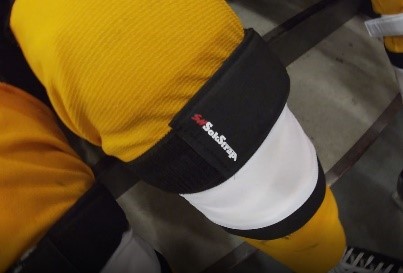 They provided their hockey team members with SokStraps to use instead of plastic hockey tape. Many of the students liked the way they worked and made the full-time transition to SokStraps.
They provided their hockey team members with SokStraps to use instead of plastic hockey tape. Many of the students liked the way they worked and made the full-time transition to SokStraps.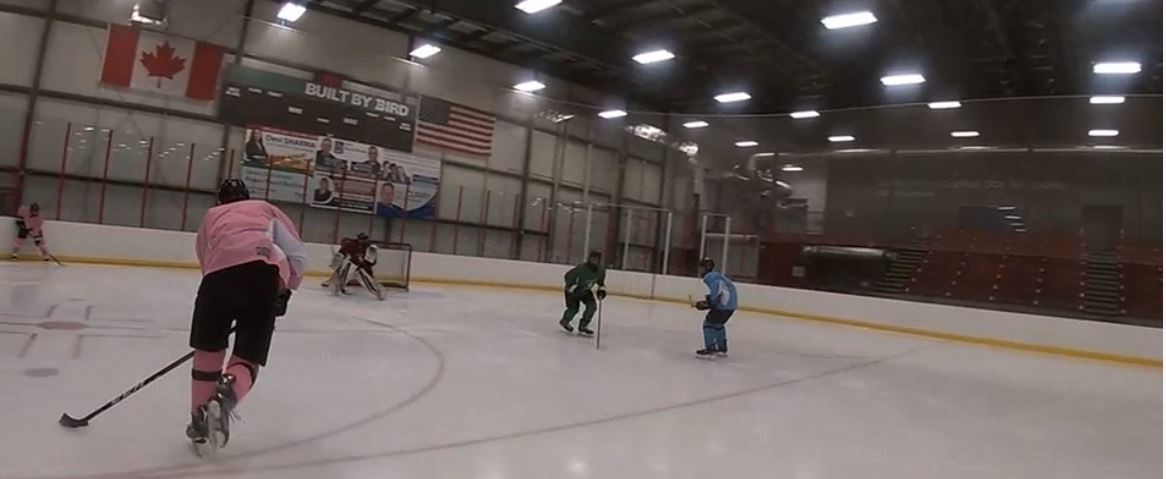

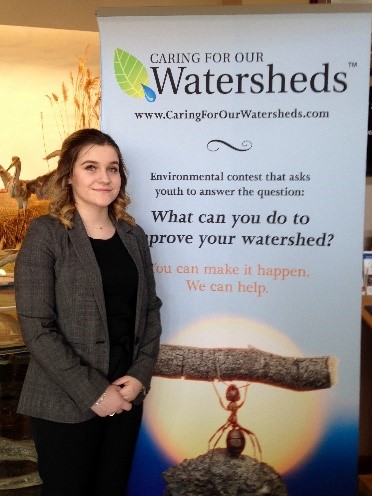 2019, Selkirk, Manitoba, Canada
2019, Selkirk, Manitoba, Canada
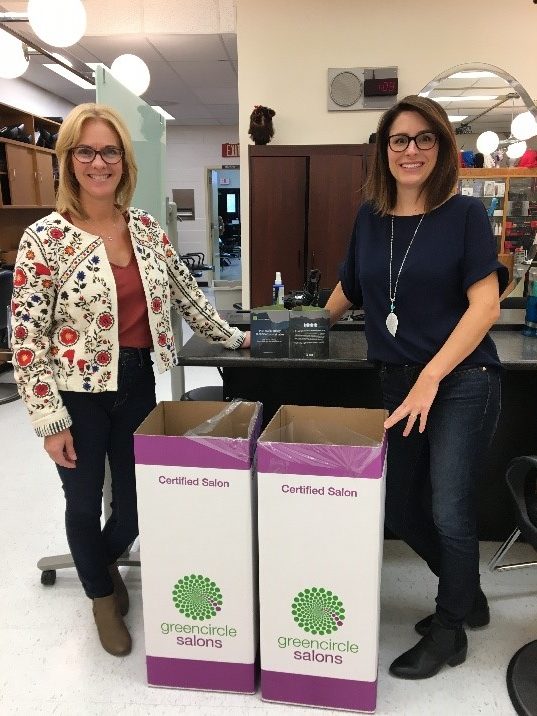 “This would be a great deal of change at a small price and it is shameful to still think that our salon and other salons have not progressed to this eco-friendly level. It is probably because most salons do not know about this affordable idea. It is our job as the future generation to spread awareness to help save our environment.”
“This would be a great deal of change at a small price and it is shameful to still think that our salon and other salons have not progressed to this eco-friendly level. It is probably because most salons do not know about this affordable idea. It is our job as the future generation to spread awareness to help save our environment.”
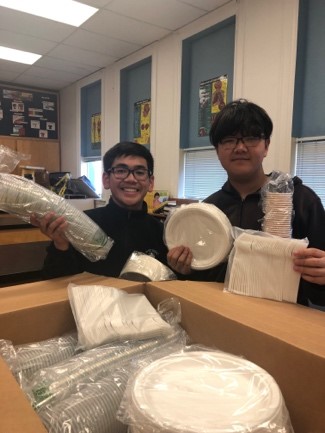 2019, Winnipeg, Manitoba, Canada
2019, Winnipeg, Manitoba, Canada

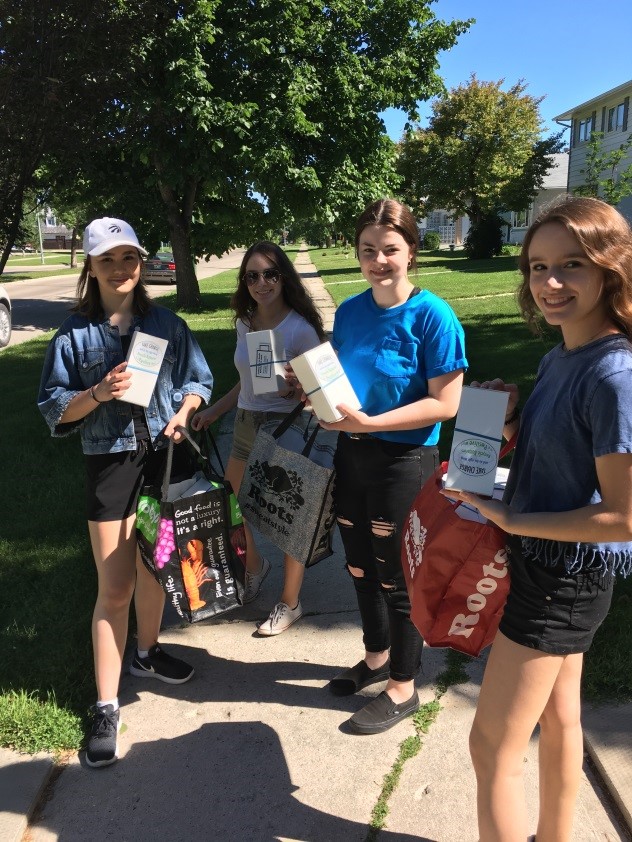
 2019, Winnipeg, Manitoba, Canada
2019, Winnipeg, Manitoba, Canada
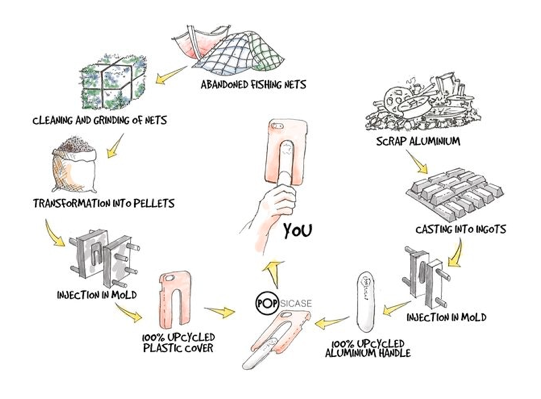
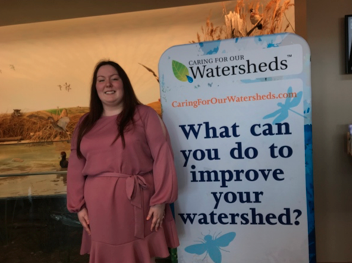
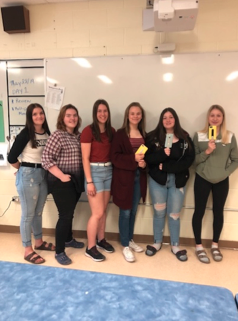
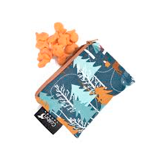
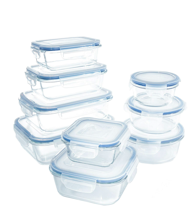
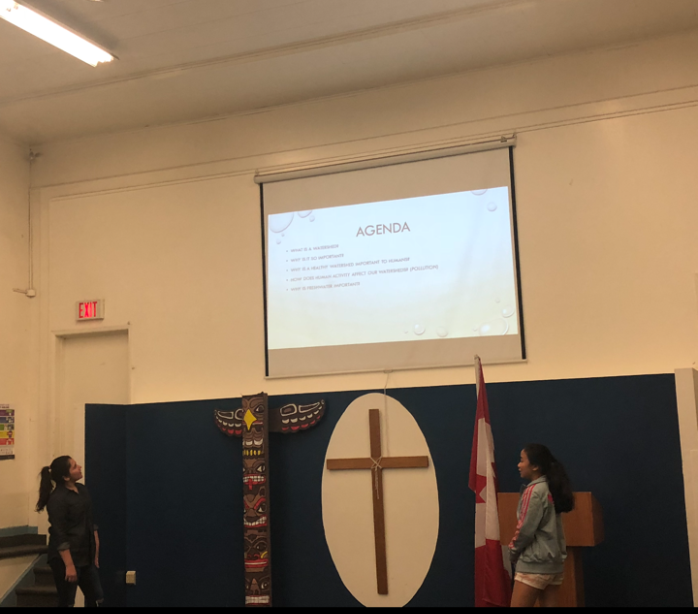 2019, Winnipeg, Manitoba, Canada
2019, Winnipeg, Manitoba, Canada